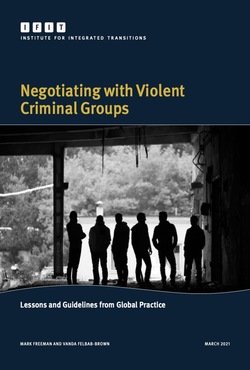By Gian Maria Campedelli, Gianmarco Daniele, Marco Le Moglie
Detection is one of the main challenges in the fight against organized crime. We show that machine learning can be used to predict mafias infiltration in Italian local governments, as measured by the dismissal of city councils infiltrated by organized crime. The model successfully predicts up to 96% of out-of-sample municipalities previously identified as infiltrated by mafias, up to two years earlier, making this index a valuable tool for identifying municipalities at risk of infiltration well in advance. Furthermore, we can identify “high-risk” local governments that may be infiltrated by organized crime but have not been detected by the state, thereby improving the efficacy of detection. We then apply this new time-varying measure of organized crime to investigate the underlying causes of this type of rent-seeking. As criminals infiltrate politics to capture public resources, we study how a positive shock in public spending (European Union transfers), affects this phenomenon. Employing a geographic Difference-in-Discontinuities design, we find a substantial and lasting increase in the predicted risk of mafia infiltration (up to 14 p.p.), emphasizing the unintended effects of delivering aid where criminal organizations can appropriate public funds.
Unpublished paper, 2024. 103p.




